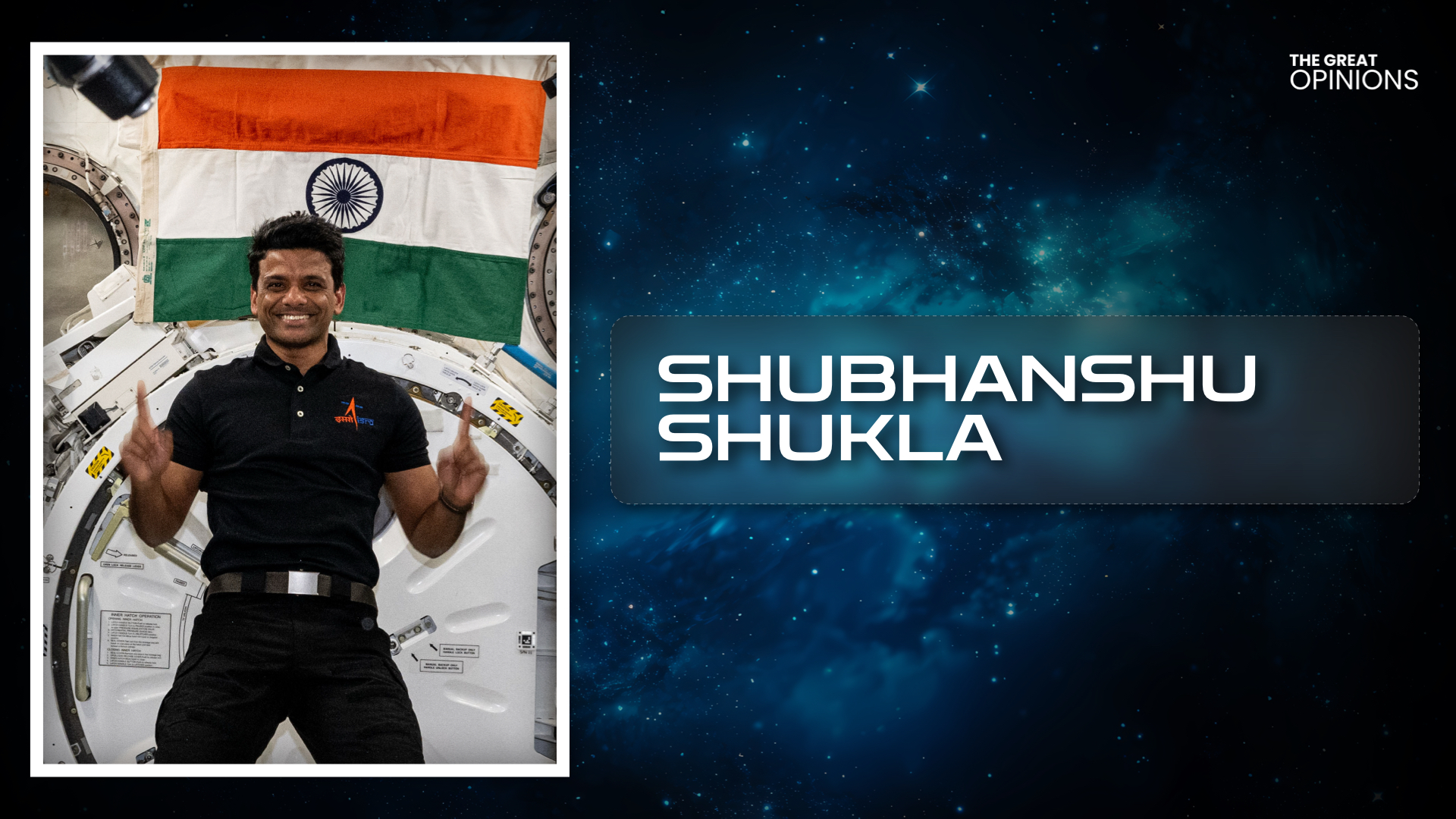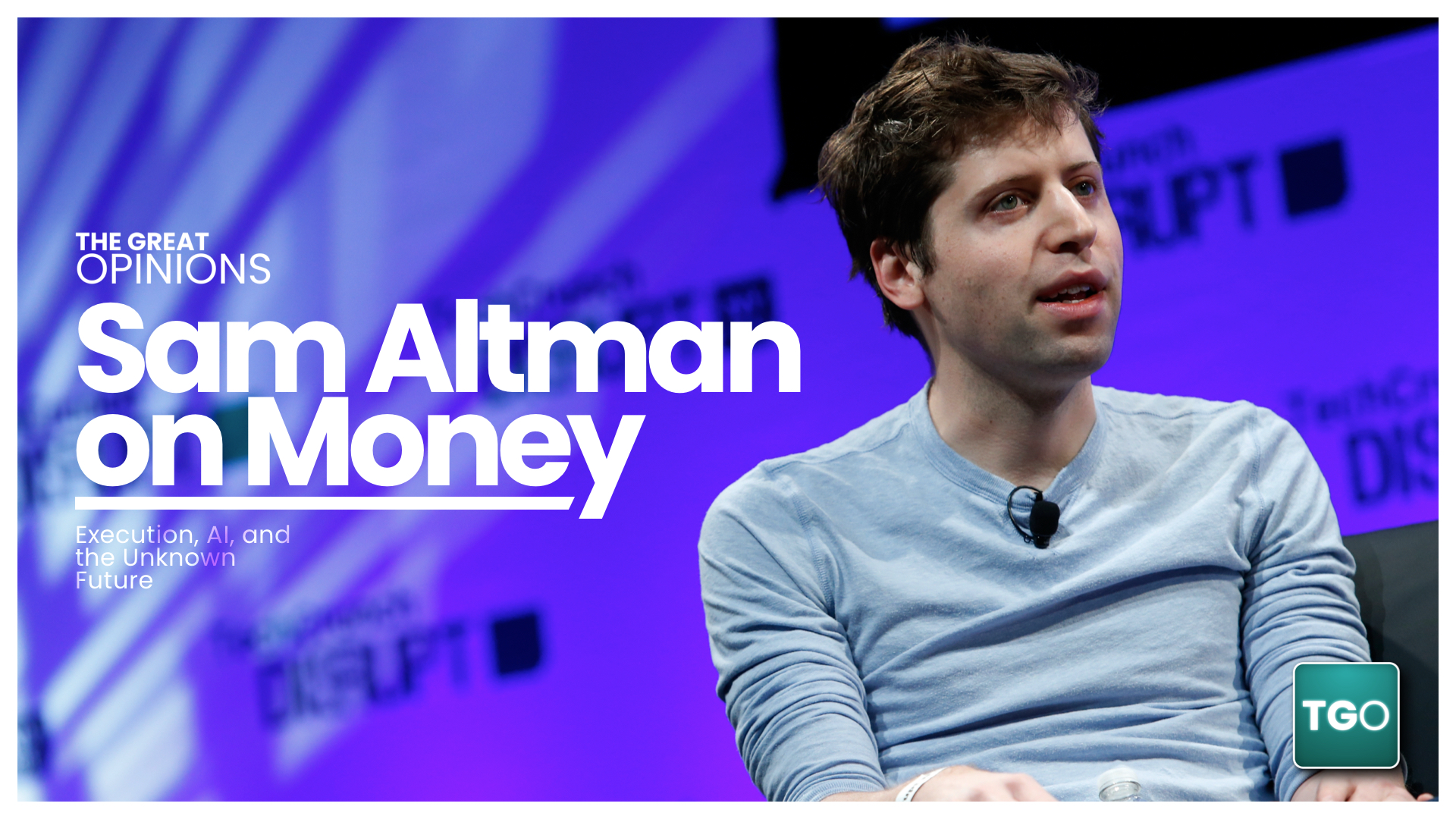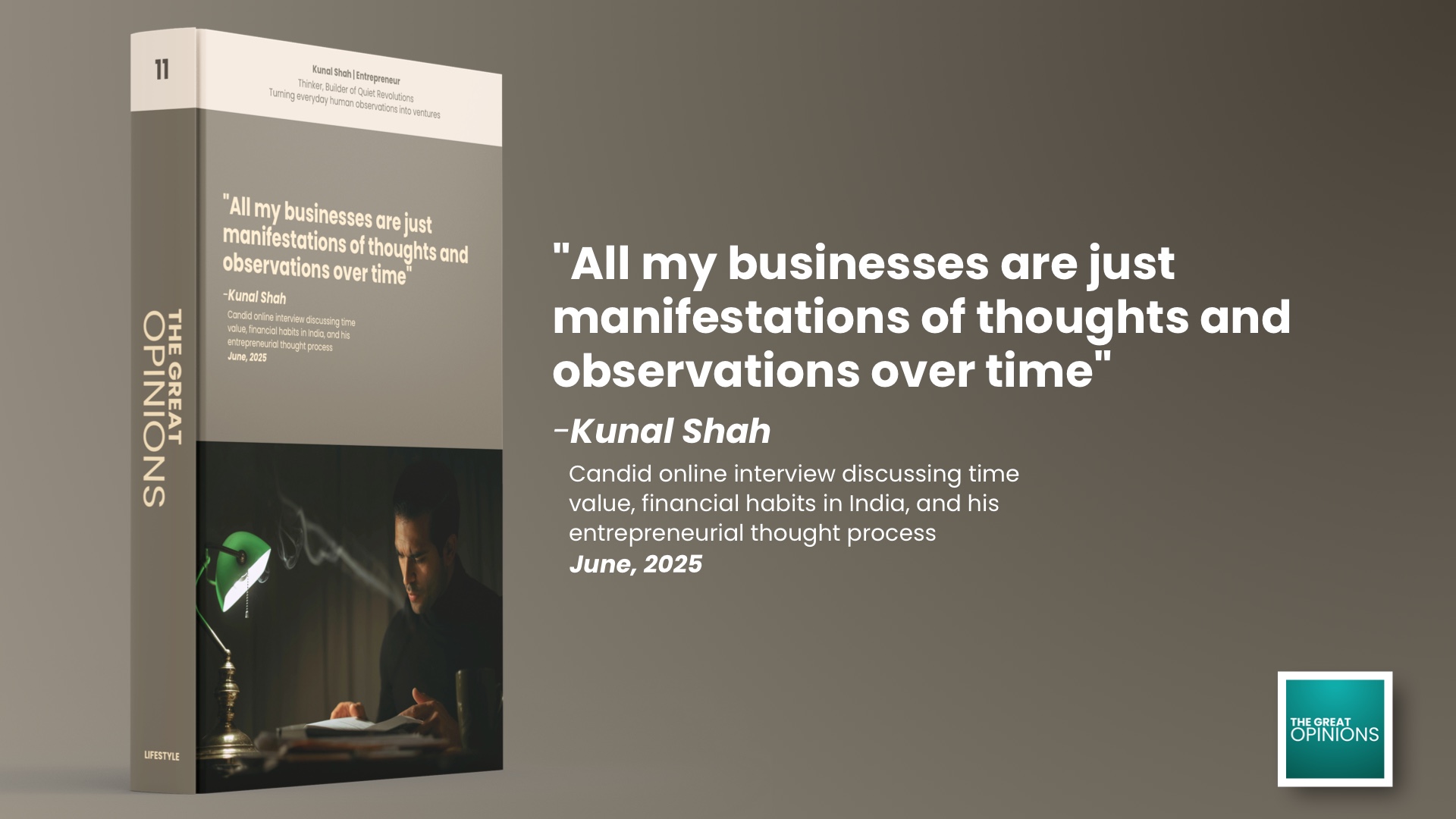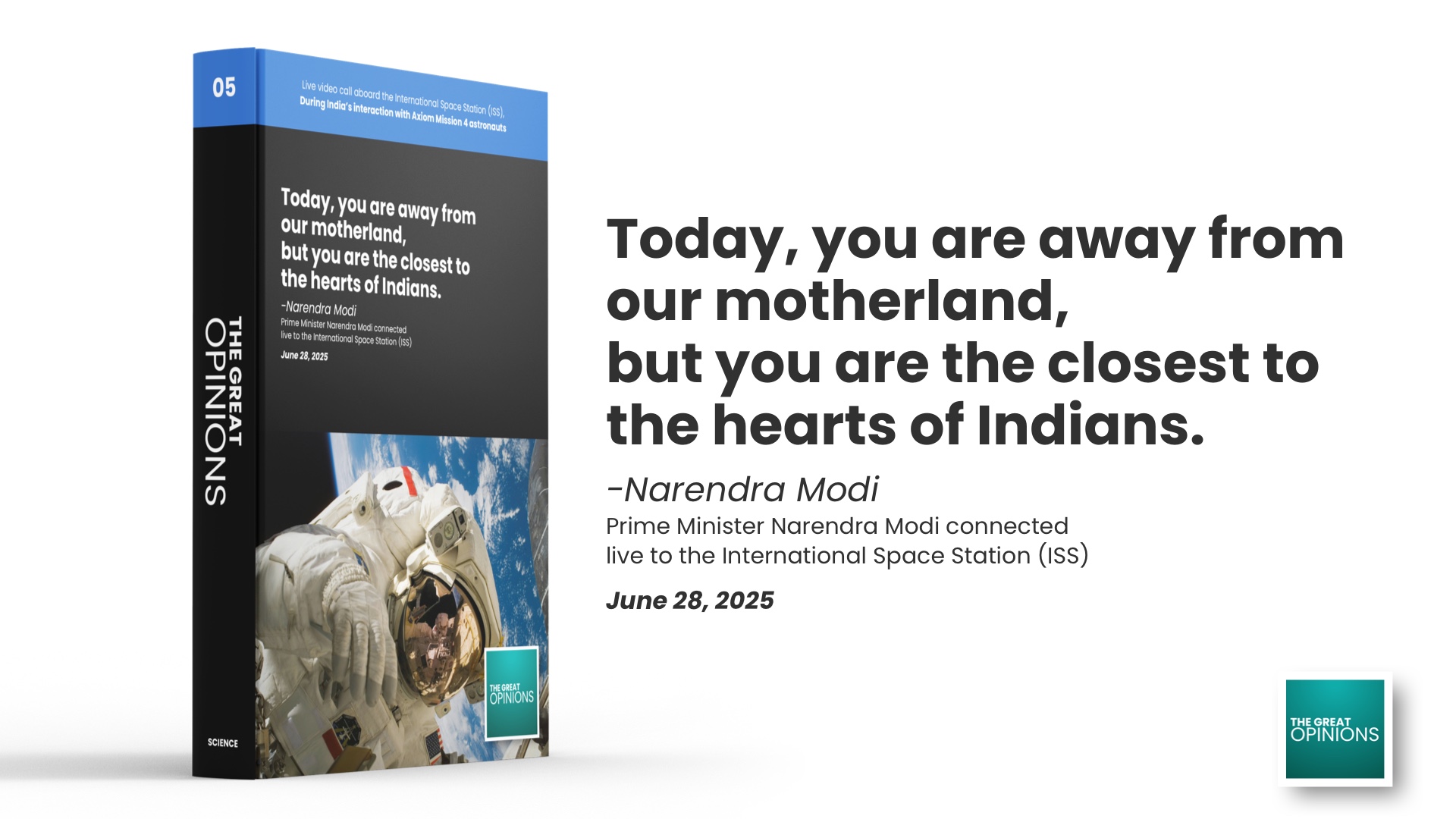“All my businesses are just manifestations of thoughts and observations over time.”
— Kunal Shah
| Topic | Details |
| Who is Kunal Shah? | Indian entrepreneur and investor; founder of FreeCharge and CRED; one of India’s most influential startup leaders. |
| Education & Qualification | Bachelor of Arts in Philosophy from Wilson College, Mumbai. Known more for his practical business acumen than academic credentials. |
| First Startup | FreeCharge, launched in 2010; sold to Snapdeal in 2015 for approximately $400 million. |
| Famous Quote | “All my businesses are just manifestations of thoughts and observations over time.” |
| Where It Was Said | StartupPedia interview, June 2025; during a conversation on consumer behavior and startup strategy. |
| Date of Exchange | June 2025 |
| Occasion/Setting | Candid online interview discussing time value, financial habits in India, and his entrepreneurial thought process. |
| Participants/Witnesses | StartupPedia editorial team, startup community, and broader online audience. |
| Why It Went Viral | The quote reflected Kunal Shah’s widely admired practical philosophy; resonated with entrepreneurs and working professionals alike. |
| Published By | StartupPedia, Moneycontrol, LinkedIn influencers, and tech blogs covering India’s startup ecosystem. |
| Impact | Reinforced his role as a thought leader in Indian startups; sparked discussions on time management and financial literacy. |
Chapter 1: The Moment It All Made Sense
It was mid‑June 2025, during an interview with StartupPedia, when Kunal Shah, founder of CRED and mastermind behind FreeCharge, paused thoughtfully. He reflected on a common paradox:
“In India, people making ₹10,000 an hour will spend an hour trying to save ₹500 on a flight. That’s just poor time math.”
Then he leaned in and added what would become the guiding philosophy behind everything he builds:
“All my businesses are just manifestations of thoughts and observations over time.” ()
That line didn’t just connect Twitter threads—it connected dots spanning two decades of startups, exits, and insight.
Chapter 2: From Student to Startup Hunter
Born and raised in Mumbai, Kunal Shah completed his graduation before diving headfirst into entrepreneurship. His qualification provided a foundation, but curiosity pushed him beyond college walls. His first startup was a BPO venture—one that taught him the power of solving real problems at scale . This early chapter set the tone: each new concern became a seed for the next venture.
Chapter 3: FreeCharge — A Fintech Breakout
In 2010, Shah co‑founded FreeCharge, a digital recharge platform that met India’s growing smartphone economy head‑on. After scaling, they sold it for USD 400 million in 2015 . It was proof that his observations—small needs, big opportunity—could build real companies.
Chapter 4: The CRED Era — Observation Meets Innovation
April 2018 saw Shah launching CRED, a premium fintech platform for credit‑worthy users. Fueled by personal insight—a friend’s struggle to get a credit card—he built a business that combined rewards, responsible borrowing, and community trust. Today, CRED’s valuation hovers around $6.4 billion .
For Shah:
“All my businesses are manifestations of thoughts”—a style that extends even to his stake in CRED, his evolving portfolio, and his approach to business and design.
Chapter 5: The Weight of Observation
Shah’s philosophy is simple—listen, note, connect. That’s how he spotted inefficiencies in flight patterns, female labor, or teen monetization habits . Turning observations into startups requires both humility and vision—something he spoke about in his interviews and public forums.
Chapter 6: Mentor, Public Intellectual, Podcast Guest
Today, Shah speaks frequently.
- On work-life balance, he recommends clarity, not calendar fluff
- On startups, he advises “second-order thinking”
- On books, he’s known to share book recommendations
This body of work serves both as inspiration and instruction—proof that thought and action are inseparable.
Chapter 7: His Net Worth & Public Persona
Despite his humility, Shah’s achievements show in Forbes profiles and net worth estimations . What matters more, though, is how he handles “time value of money” or gender imbalance—a rare blend of wealth and wisdom.
Chapter 8: Lessons in Manifestation
Shah’s line—“All my businesses are just manifestations of thoughts…”—is a roadmap:
- Observe your world deeply
- Let empathy drive invention
- Build rapidly when insight strikes
- Iterate based on real feedback
- Stay curious, always
That’s how a BPO becomes a global payment system, and a fintech becomes trust by design.
Chapter 9: What It Means for You
Whether you’re a student, maker, or investor, Shah’s example is clear:
- Look for patterns
- Ask hard “why not?” questions
- Turn curiosity into action
The startup isn’t a product. It’s a narrative you live—and Shah’s story proves it works.
It was not in a boardroom or a pitch deck that Kunal Shah’s philosophy first took root. It was in the unnoticed corners of everyday life—in the tired sighs of working professionals bargaining with time, in the flicker of frustration across a shopkeeper’s face, in the silent calculations of a middle-class commuter weighing cost over convenience. And one evening in June 2025, under the soft light of a StartupPedia studio, with the quiet hum of recording equipment filling the background, he finally gave voice to the philosophy that had shaped his life:
“All my businesses are just manifestations of thoughts and observations over time.”

Kunal Shah’s story does not begin with privilege. There were no ancestral business empires, no inherited blueprints to follow. Born in Mumbai, raised amid the din of a bustling city, he found his first classrooms in its streets and its people. He studied philosophy at Wilson College, not to debate abstract theories but to understand human nature—its desires, its contradictions, its peculiar choices. His degree was not a credential; it was a lens through which he would begin to see the invisible threads connecting human behavior and commerce.
He did not launch his first venture with fanfare. His BPO startup was modest, born of necessity and sustained by grit. But what it taught him was priceless: the art of listening. He once recalled in a late-night chat with a fellow entrepreneur, “Do you know what our customers tell us when we solve a five-minute problem? That we gave them their time back. And that’s worth more than the problem itself.”
This empathy became the soil from which FreeCharge grew—a simple, elegant solution to a mundane problem: prepaid mobile recharges. In 2010, when he launched FreeCharge, he wasn’t trying to be a disruptor. He was solving a friction point he had felt himself. Years later, recounting the story over a casual coffee meeting, he smiled and said, “FreeCharge was my tuition fee for the bigger lessons ahead.”
When the company was acquired in 2015, the headlines celebrated the deal, but Shah quietly moved on, searching for the next question worth answering.
In an intimate founders’ retreat years later, he shared, “I didn’t build CRED for the 100 million users. I built it for the 10 million who deserve to be treated with dignity in their financial lives.”
That question came wrapped in plastic credit cards and long lines at banks. Why were India’s most creditworthy citizens treated like everyone else? Where was the reward for financial responsibility? Thus, in 2018, CRED was born. It wasn’t a conventional startup—it was a manifestation of trust. A platform where credibility was currency, and where those who played by the financial rules were finally seen and valued.
But beneath the product launches and valuations, the real story was unfolding in the quiet moments. In airport lounges where he watched hurried travelers spend an hour haggling over a few hundred rupees, missing the irony of their time’s true worth. In the late nights where, alone with his thoughts, he connected the patterns of behavior with the inefficiencies of market solutions.
“In India, people making ₹10,000 an hour will spend an hour trying to save ₹500 on a flight,” he remarked during an investor Q&A, not with disdain, but with a quiet sadness for how we undervalue our most finite resource: time.
Kunal Shah’s life became a quiet rebellion against surface-level entrepreneurship. He spoke openly about burnout, work-life balance, and second-order thinking—advising young founders not to chase headlines but to chase clarity. His book recommendations weren’t just self-help tomes but explorations of human psychology and economic behavior. His portfolio was a curated reflection of his beliefs: businesses that solved real problems, not vanity metrics.
During a podcast taping, he said with a wry smile, “Most startups optimize for valuations. I optimize for sleep. If your business can’t help you sleep better at night, it’s probably not worth running.”
As his net worth climbed and his stake in CRED became the stuff of Forbes profiles, Shah remained unflinchingly focused on the invisible. The unmet need. The friction point. The small inefficiency waiting for someone to care enough to fix it.
His journey is not one of meteoric rise but of deliberate ascent. Each venture, a chapter. Each observation, a catalyst. And through it all, a singular thread: empathy fused with action.
If you look closely, you won’t just see an entrepreneur. You’ll see a chronicler of human behavior, a philosopher who traded academic halls for the chaotic streets of India’s markets. A man who built not to conquer, but to contribute.
Because in the end, his story isn’t about FreeCharge or CRED. It’s about the space between a question and its answer, the stillness between an observation and a solution. And about the courage it takes to build not from ambition, but from understanding.
Live Links
- Startup Pedia – Kunal Shah on Time Value
https://startuppedia.in/trending/trending/in-india-people-making-10000-an-hour-will-spend-an-hour-to-save-500-on-a-flight-says-creds-kunal-shah-9445186 - Startup Pedia – Startup Insights by Kunal Shah
https://startuppedia.in/trending/trending/countries-with-low-financial-independence-for-women-have-lower-divorce-rates-not-for-happy-marriages-kunal-shah-9445441 - Moneycontrol – Indians Who Make ₹10,000 an Hour Will Waste an Hour to Save ₹500
https://www.moneycontrol.com/news/trends/cred-kunal-shah-indians-who-make-rs-10000hour-will-waste-an-hour-to-save-rs-500-on-flights-13201869.html - LinkedIn Post on Kunal Shah’s Startup Philosophy
https://www.linkedin.com/posts/startup-pedia_startuppedia-startup-startupjourney-activity-7344713423986806784-XSes - Reddit – Cred CEO Kunal Shah on Startup Ecosystem
https://www.reddit.com/r/indianstartups/comments/1el8tet/cred_ceo_kunal_shah_on_the_startup_ecosystem/ - Instagram – Kunal Shah’s Observations on Startup Culture
Example Link Format: https://www.instagram.com/p/ChwEObiP_oN/

Source:






